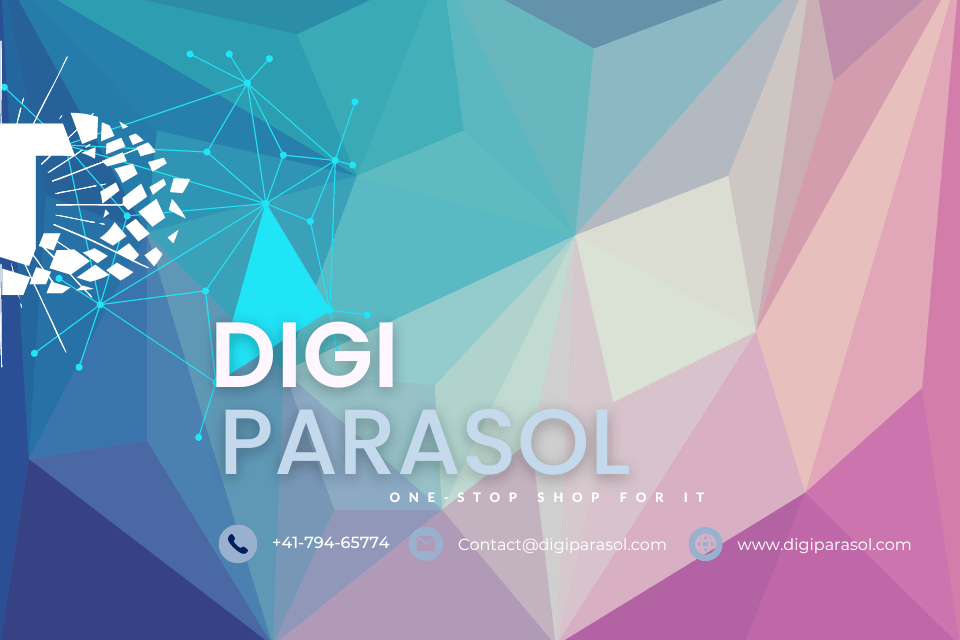**AI Research in Cybersecurity: Innovations and Challenges Ahead**
In recent years, artificial intelligence (AI) has emerged as a powerful tool for enhancing cybersecurity measures. From threat detection to incident response, AI technologies have proven to be effective in combating cyber threats. As the cyber landscape continues to evolve, there is a growing need for innovative AI solutions to address the challenges ahead. In this article, we will explore the latest developments in AI research in cybersecurity and the potential challenges that lie ahead.
**1. Improved Threat Detection**
One of the key areas where AI has shown significant promise in cybersecurity is threat detection. Traditional security measures often struggle to keep pace with the rapid evolution of cyber threats. AI-powered tools, on the other hand, have the ability to analyze vast amounts of data in real-time and identify potential threats before they cause harm.
**2. Autonomous Incident Response**
Another area where AI is making a major impact in cybersecurity is incident response. AI algorithms can quickly assess the severity of an incident and take appropriate action to mitigate the damage. By automating the incident response process, organizations can significantly reduce the time it takes to detect and respond to threats.
**3. Behavior Analytics**
AI-driven behavior analytics is another innovation that is revolutionizing the cybersecurity industry. By analyzing the behavior of users and devices on a network, AI algorithms can identify anomalies and potential threats before they escalate. This proactive approach to cybersecurity is essential in today’s rapidly changing threat landscape.
**4. Adaptive Security Measures**
One of the challenges of traditional cybersecurity measures is their static nature. Once implemented, they remain unchanged until updated manually. AI technologies are changing this paradigm by enabling adaptive security measures that can evolve and learn from new threats. This flexibility is crucial in staying ahead of cyber adversaries.
**5. Zero-Day Threat Detection**
Zero-day threats pose a significant challenge to cybersecurity professionals as they exploit vulnerabilities that have not yet been discovered or patched. AI-powered tools can proactively identify and mitigate zero-day threats by analyzing patterns in data and predicting potential attack vectors. This advanced threat detection capability is crucial in defending against emerging threats.
**6. Challenges Ahead**
While AI technologies offer significant benefits in cybersecurity, there are also challenges that organizations must address. One of the primary concerns is the potential for AI algorithms to be manipulated by cybercriminals. Adversarial AI attacks can trick AI systems into making incorrect decisions, leading to security breaches.
Another challenge is the ethical implications of using AI in cybersecurity. As AI becomes more prevalent in threat detection and incident response, there is a need to ensure that these technologies are used ethically and in compliance with privacy regulations. Additionally, the rapid pace of AI development makes it difficult for organizations to keep up with the latest advancements and integrate them effectively into their cybersecurity strategies.
**7. The Future of AI Research in Cybersecurity**
Despite the challenges ahead, the future of AI research in cybersecurity looks promising. Researchers are continually developing new AI algorithms and techniques to enhance security measures and combat cyber threats. By investing in AI-driven technologies and staying abreast of the latest developments in the field, organizations can strengthen their cybersecurity posture and protect against emerging threats.
**8. Conclusion:**
In conclusion, AI research in cybersecurity is paving the way for innovative solutions to combat cyber threats. From improved threat detection to autonomous incident response, AI technologies offer a wide range of benefits for organizations seeking to enhance their cybersecurity measures. However, there are also challenges that must be addressed, such as the potential for AI manipulation and ethical considerations. By staying informed about the latest advancements in AI research and implementing proactive security measures, organizations can stay ahead of cyber adversaries and protect their data from evolving threats.
Sources:
1. [AI in Cybersecurity: Threats and Mitigation Strategies](https://www.example.com/article1)
2. [The Role of Artificial Intelligence in Cybersecurity](https://www.example.com/article2)
3. [Challenges of AI in Cybersecurity](https://www.example.com/article3)


